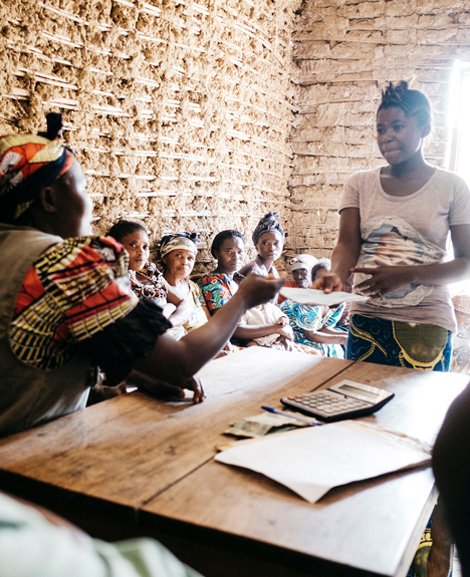Why do we support this organization?
Encouraging progress has been made over the past five years to shift the power and resources in the global peacebuilding system to local efforts, acknowledging local actors as the most effective in building long-lasting peace. Despite this progress, there still remains significant barriers to substantive change by those with the greatest power to influence such issues; namely international institutions, national governments, philanthropists and the wider peacebuilding sector. In this respect, major challenges include the conversion of rhetoric into action and geopolitical trends. There is a pressing need for continued resources to be invested in this area.
Local peacebuilder are best equipped to prevent and respond to violent conflict because of their local knowledge, understanding, and connections. They have legitimacy and access to entry points and networks that are unmatched by external actors. Yet local organizations are systematically neglected and marginalized from the international peace and security funding ecosystem, which fails to fully recognize the agency and contributions of local actors and therefore ignores the prospect of driving greater resources and investment directly towards their efforts and, by means, towards sustainable peace.
What are our goals?
Peace Direct seeks to work towards this goal of shifting the power to local peacebuilders by influencing decision makers and key stakeholders. Peace Direct is working with key EU institutions, EU member state governments, the UK government and the UN towards committing greater resources for local peacebuilders and involving them more rigorously in decision making. In doing so, Peace Direct enables local peacebuilders to work towards reimagining a system to better work for them.
Thus, another goal is to change the attitudes of the general public, so that there is greater attention and acknowledgement of the role that local people can play in building peace, also within their own communities. This can be achieved by empowering local peacebuilders to identify and co-design strategies to drive forward the changes they want to see in the peacebuilding system.
How does the organization work?
Peace Direct aims to achieve its goals through activities in several impact areas. Through advocacy, Peace Direct seeks to influence key stakeholders in the EU, the UN and US. Furthermore, Peace Direct will participate in INGO-sector wide collaboration on the localization agenda. The private philanthropic community will be provided with guidelines on how funders can adapt their approaches to better support local organizations.
Moreover, Peace Direct aspires to enable local peacebuilders to transform the systems themselves. A diverse group of peacebuilders is coming together to self-organize, process a joint analysis, co-create campaigning and implementation in order to yield changes they want to see in the international peacebuilding system. It will be designed democratically with local actors working in conflict affected areas enabling them to actively lead the design process and delivery of the campaign.
Previously, the Robert Bosch Stiftung has also supported Peace Direct's Local Action Fund (LAF) that is designed to support locally-led peacebuilding initiatives by giving swift, small grants of below $15,000, coupled with training, information sharing, and opportunities for wider collaboration and advocacy. Since 2019, Peace Direct has worked with multiple partners who play the role of “hub organizations” – organizations which identify local groups and support them to collaborate, overcome obstacles, and increase their impact.
Who are the target groups?
- Key EU institutions
- Key EU member states
- Key UK government ministries
- Key UN institutions
- INGOs working in the humanitarian, development and peacebuilding sectors
- Private philanthropic organisations across Europe and in the US
- Local peacebuilders, primarily from the 13 countries where Peace Direct currently has established partnerships with local organisations


